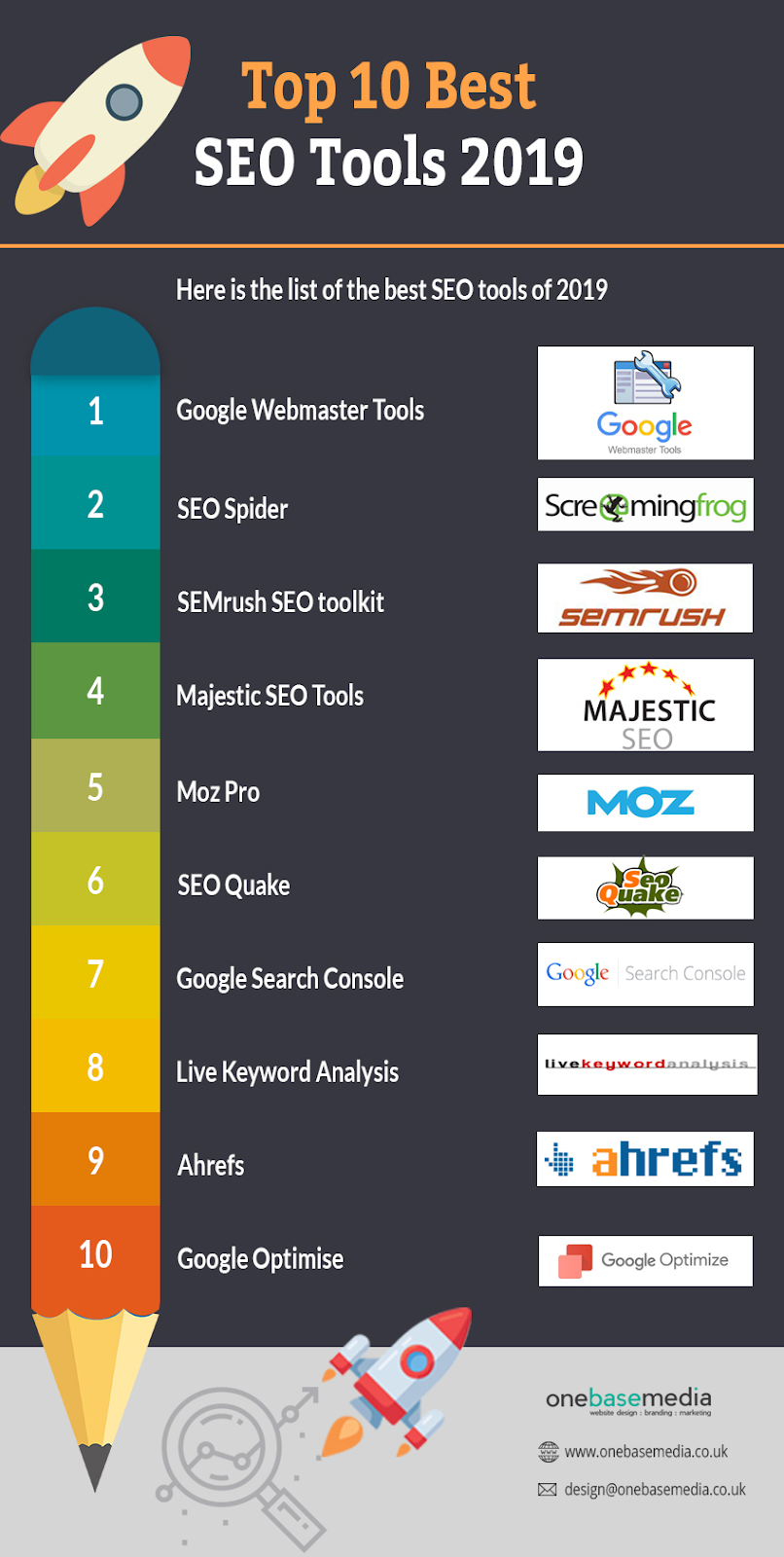Local SEO is more crucial than ever for businesses looking to stand out in their local market. Whether you’re a small business owner or managing a multi-location brand, implementing effective local SEO strategies can help you outrank competitors and attract more local customers. In this blog, we’ll cover actionable tips and hacks that can help you dominate local search results in just 30 days.
1. Master Local SEO Best Practices
Understanding local SEO best practices is the foundation of outranking competitors. Focus on optimizing your website for local searches by ensuring it’s mobile-friendly, fast, and easy to navigate. Your content should be relevant to your target audience, and your website structure should include clear, organized navigation. Key pages should have proper headings, meta descriptions, and URLs that include location-specific keywords.
2. Optimize Your Google My Business Profile
Google My Business (GMB) optimization is crucial for local SEO success. Ensure your profile is complete with accurate business information, including your business name, address, phone number (NAP), hours of operation, and website URL. Use high-quality images, regularly update your profile, and encourage customers to leave reviews. Responding to reviews—both positive and negative—also signals to Google that your business is active and engaged, which can boost your rankings.
3. Conduct Local Keyword Research
Local keyword research helps you identify the specific terms and phrases your target audience uses when searching for your products or services. Focus on long-tail keywords that include your location, such as “best pizza in [city]” or “emergency plumber near me.” Incorporate these keywords naturally into your website content, meta tags, and Google My Business descriptions.
4. Optimize On-Page SEO for Local Businesses
On-page SEO plays a critical role in local rankings. Optimize title tags, meta descriptions, headers, and content with local keywords. Include your city or neighborhood in key areas of your website, such as the homepage, service pages, and contact page. Embed Google Maps on your contact page to help customers locate you easily. Adding local schema markup can further improve your visibility in search results.
5. Build Local Citations and Ensure NAP Consistency
Citations are online mentions of your business name, address, and phone number (NAP) on directories like Yelp, Yellow Pages, and other local listing sites. Consistency is key: make sure your NAP details are the same across all platforms. Inconsistent information can confuse search engines and negatively impact your rankings. Use tools like Moz Local or BrightLocal to track and manage your citations.
Real estate is a dynamic and ever-evolving industry that plays a crucial
role in the economy, offering a wide range of opportunities for investors,
buyers, and sellers alike. It encompasses the buying, selling, and leasing of
properties, including residential homes, commercial spaces, and industrial
sites. In recent years, the real estate market has been significantly
influenced by factors such as fluctuating interest rates, evolving buyer
preferences, and the rise of digital technology, which has transformed how
properties are marketed and sold. For investors, real estate remains a solid
asset class, providing potential for long-term appreciation, passive income
through rentals, and portfolio diversification. Whether navigating urban
housing markets or exploring rural developments, success in real estate
requires a keen understanding of market trends, location factors, and the needs
of modern consumers. https://shorturl.at/q5lZ1 6. Leverage Local Link-Building Strategies
Local link-building involves acquiring backlinks from local websites, blogs, and news outlets. Reach out to local organizations, sponsor community events, or collaborate with local influencers to earn valuable links. Guest blogging on local sites and participating in local business directories can also boost your local SEO. Remember, the quality of your links matters more than quantity—focus on earning links from authoritative local sources.
7. Focus on Key Local SEO Ranking Factors
Understanding the factors that impact local SEO rankings can help you refine your strategy. Key factors include proximity to the searcher, relevance of your business category, and prominence in the local community. High-quality backlinks, consistent NAP information, positive reviews, and active Google My Business management are all crucial for ranking higher in local searches.
8. Enhance Your Google Maps SEO
Google Maps SEO ensures that your business appears prominently in local map results. Make sure your GMB profile is complete and optimized with relevant keywords. Encourage customers to leave positive reviews, as high ratings can improve your ranking on Google Maps. Additionally, verify your business address to establish credibility and trust with potential customers.
9. Use Local Schema Markup
Schema markup is code added to your website that helps search engines understand your business’s details, such as location, hours, and services. Adding local schema markup can improve your chances of appearing in rich snippets and other enhanced search results. Use tools like Google’s Structured Data Markup Helper to create and implement schema markup on your website.
10. Manage Online Reviews Effectively
Online reviews are a critical component of local SEO. Encourage satisfied customers to leave reviews on your Google My Business profile and other review sites. Positive reviews can improve your local rankings, while addressing negative reviews professionally can help maintain your reputation.
11. Create Local SEO Content Ideas
Creating locally focused content can boost your relevance and rankings. Consider writing blog posts about local events, news, or community topics that relate to your business. You can also create “best of” lists, local guides, or case studies that highlight your involvement in the community. This type of content attracts local readers and helps establish your brand as an authority in the area.
12. Optimize for Voice Search
With the rise of smart speakers and mobile voice assistants, optimizing for voice search is increasingly important. Focus on conversational keywords and phrases that people might speak rather than type. Questions like “Where can I find the best [product/service] near me?” are common in voice searches. Including FAQ sections on your website can also help capture voice search traffic.
13. Ensure NAP Consistency Across Platforms
NAP consistency is essential for local SEO success. Your business name, address, and phone number should be identical across your website, Google My Business, social media profiles, and online directories. Inconsistent information can lead to confusion and lower search engine rankings.
14. Optimize Images for Local SEO
Images are often overlooked in local SEO, but they can make a difference. Use high-quality images with descriptive file names and alt text that include local keywords. Geotagging images with location data can also help improve your visibility in local searches.
15. Implement Geo-Targeted Content Creation
Geo-targeted content creation involves tailoring your website content to specific locations. This could include creating service pages for each area you serve or publishing blog posts that address local needs and concerns. By focusing on localized content, you can attract more relevant traffic and improve your local SEO performance.
16. Utilize Local SEO Tools and Software
There are numerous tools and software available to help streamline your local SEO efforts. Use tools like Moz Local, BrightLocal, and SEMrush to track your local rankings, manage citations, and identify areas for improvement. These tools can save time and provide valuable insights into your local SEO performance.
17. Conduct Competitor Analysis for Local SEO
Analyzing your competitors’ local SEO strategies can provide valuable insights into what’s working in your area. Look at their keywords, content, backlinks, and Google My Business profiles to identify opportunities for improvement. Use tools like Ahrefs or SEMrush to analyze competitors’ SEO tactics and replicate their successes.
18. Focus on Mobile Optimization
With a significant portion of local searches conducted on mobile devices, mobile optimization is essential. Ensure your website is responsive, loads quickly, and provides a seamless user experience on smartphones and tablets. Mobile-friendly websites are prioritized in search engine results, making this a key factor in local SEO success.
19. Perform a Local SEO Audit Checklist
A local SEO audit can help identify weaknesses and opportunities in your current strategy. Regularly check your website’s on-page SEO, citation consistency, GMB profile, and backlink profile. Use this checklist to make adjustments and stay ahead of competitors in local search results.
20. Implement Hyperlocal Marketing Strategies
Hyperlocal marketing targets customers within a very specific area, such as a neighborhood or street. Use hyperlocal keywords, create content that speaks directly to your immediate community, and leverage platforms like Nextdoor to engage with local audiences. This strategy can help you stand out in densely populated areas.
Gaming
has evolved into a global phenomenon, transcending traditional boundaries of
entertainment to become a dynamic and immersive experience that captivates
millions of players worldwide. From casual mobile games to expansive open-world
adventures on consoles and PCs, gaming offers a diverse range of experiences
that cater to all interests and skill levels. The industry has grown to include
not just playing games but also streaming, eSports competitions, and content
creation, forming vibrant communities around shared passions. Technological
advancements like virtual reality (VR), augmented reality (AR), and cloud
gaming are pushing the limits of what’s possible, providing ever more realistic
and interactive environments. Whether as a form of relaxation, a competitive
pursuit, or a way to connect with friends, gaming continues to redefine how we
play, interact, and engage with digital worlds. https://shorturl.at/JVRR0
Conclusion
Outranking competitors in local search doesn’t have to take months of effort. By implementing these local SEO hacks, you can improve your visibility and attract more customers within just 30 days. Focus on best practices, optimize your Google My Business profile, conduct thorough local keyword research, and continuously track your performance. With a proactive approach, your business can dominate the local search landscape and stay ahead of the competition.













Comments
Post a Comment